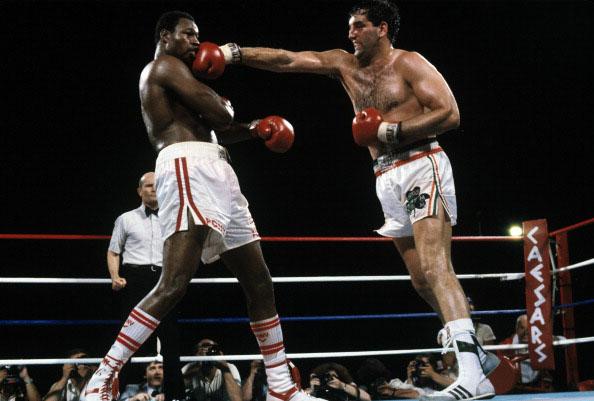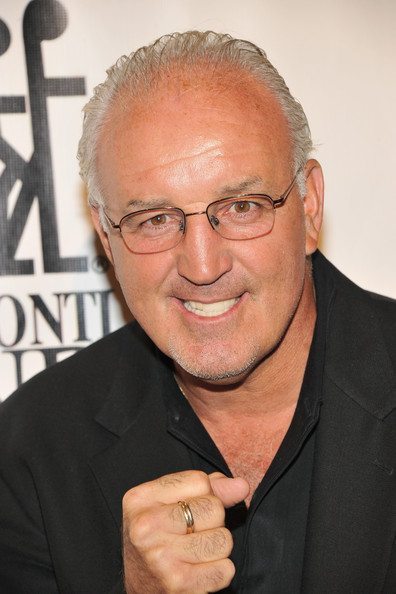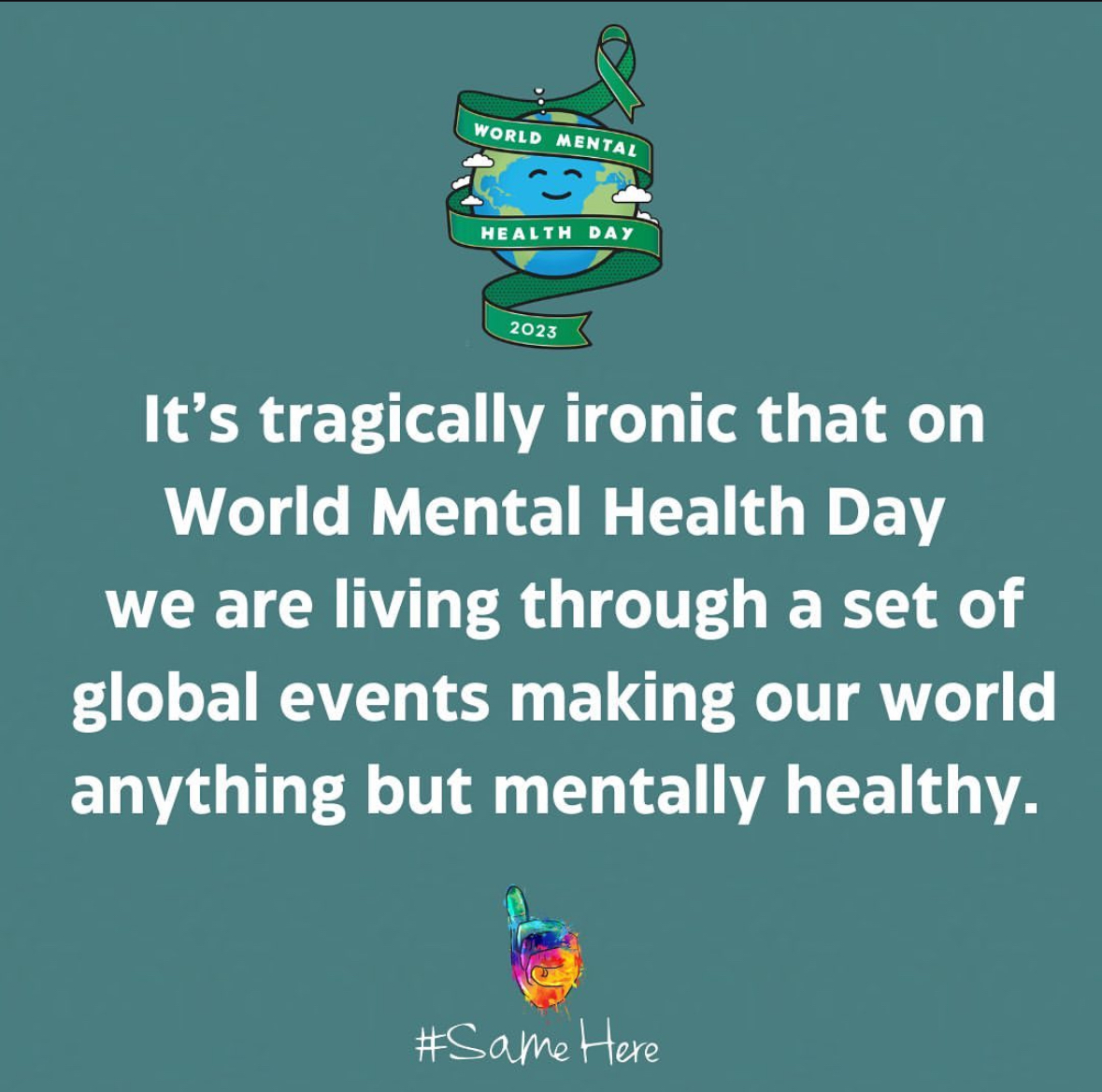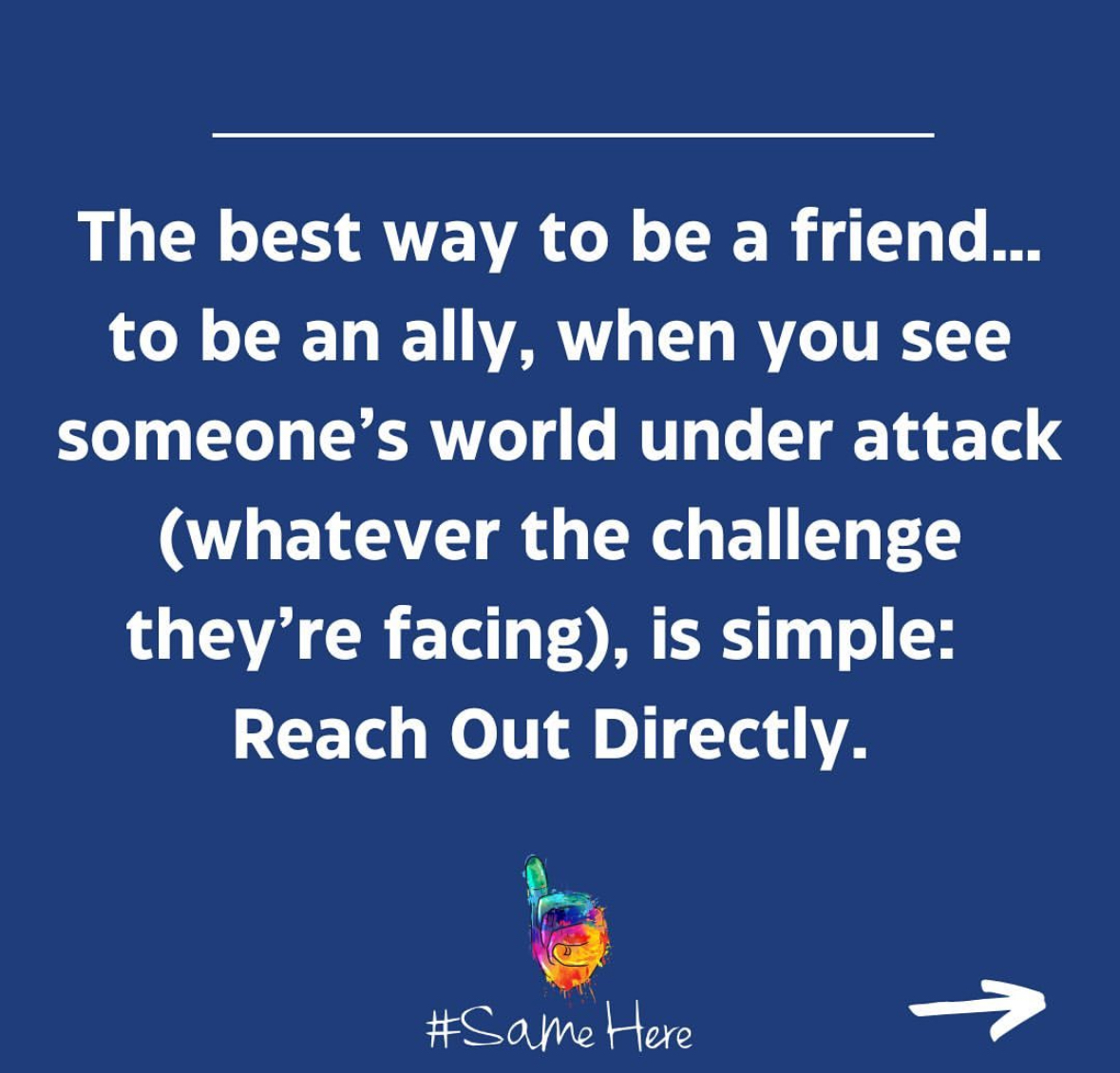Although I am now 29 years sober, I had alcoholism even while I was still boxing professionally. While I was responsible with my money and knew I had to save up for a career after boxing, for other boxers, they kept chasing more money and staying in the game too long. They would get into boxing with the goal of going for the title. They would fight and fight trying to get there in their prime. They would get to the point, if they were good enough, of being a contender for a title. Then, because they chased the roar and the money, they would stay in it too long…and they just became like any other opponent out there. This might not have been good for their health – staying in it too long, and there was a lack of purpose for things for them outside of boxing so they just kept on doing what they loved.





